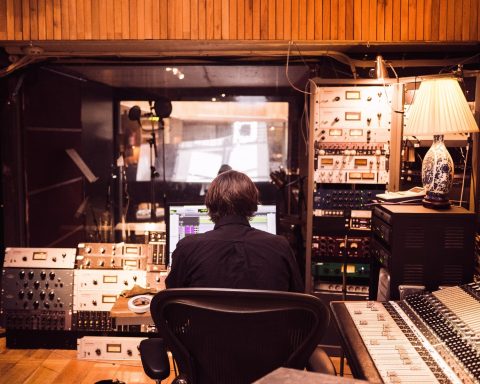Music is a phenomenal aspect of everyday life with the potential to entertain and improve our emotional, physical, and mental health. Current news reports show that when music is included in the education system, it can change the learning environment for the better. I believe it’s safe to say many of you enjoy music in various forms, be it singing, playing an instrument, or simply listening to it.
It’s interesting to see the effect music has on various cultures worldwide. For instance, music can bring back a distinct memory from your past, calm you, or hype you up. Music is an essential part of students’ development which can help augment your child’s mental development, encourage social interaction, and relieve stress. Also, news reports worldwide show a considerable improvement in the quality of education offered when students are exposed to music in the learning environment.
There are countless forms of music, each offering a piece of the various cultures worldwide. News reports show that when you listen to favorable music, dopamine is released in your brain. This is a chemical that positively impacts your mood. More often than not, music has been used to pass on useful information available for future generations. If this is the case, then its use in learning institutions is a long way coming.
Exposing students to various forms of music has unmistakable benefits. However, it seems that more and more schools are choosing to cut back on music or remove in the learning process entirely to free up resources for other subjects. Besides, any paper writing service would undoubtedly encourage learning institutions to expose students to music because of the following benefits.
They include:
• Helps stimulate brain development
Reports show that being engaged in music from an early age has a higher chance of higher brain function in children. Compared to simply listening to music, learning to play an instrument or composing a song is more beneficial for better brain development.
• Music can help instill discipline
Learning about music or playing an instrument needs students to have proper time management skills and the discipline to follow through with training, rehearsals, performance, etc. Both discipline and proper time management are skills that are significant in almost every aspect of learning.
• Provides students with an opportunity to connect with others
Children are often very social, and music will allow them to explore social interactions and learn from them. Music is often a team effort and, in the long run, will teach students of the importance of teamwork.
• Improved focus
Music is so versatile that you can listen to it while performing other tasks. Certain types of music can block-out annoying background noises helping you focus on a single activity such as studying. For instance, ambient and classical music are known forms of music that can boost your focus.
• Music can integrate different forms of learning
When you expose students to music, it also incorporates other areas of learning. Students can develop their musical talent and learn other subjects such as history, arithmetic, reading, and writing. Besides, learning how to play a musical instrument opens up learning about the various sounds and how they are projected.
• It can help relieve stress at the end of the day
Listening to music is an excellent way of relieving tension at the end of a stressful day. Studies have shown that students who are overwhelmed by schoolwork are more likely to feel relaxed when they listen to music. Also, with a stressful home environment, music can be a great escape to focus your mind on other things.
• Music helps motivate students to learn
Good mental health is closely related to having an optimistic approach to life. Therefore, listening to music has the potential to elevate your mood and leave you motivated for the next learning session. For instance, when feeling sluggish in the morning, listening to music can help jump-start your brain.
These are just a few of the benefits of music highlighted in various news reports. It is evident that music has a lot of benefits to offer students. Therefore, music can help open up a world of opportunities for people of all ages. However, the processes more effective when started early. As such, learning institutions should not overlook the benefits of music in any learning environment.














